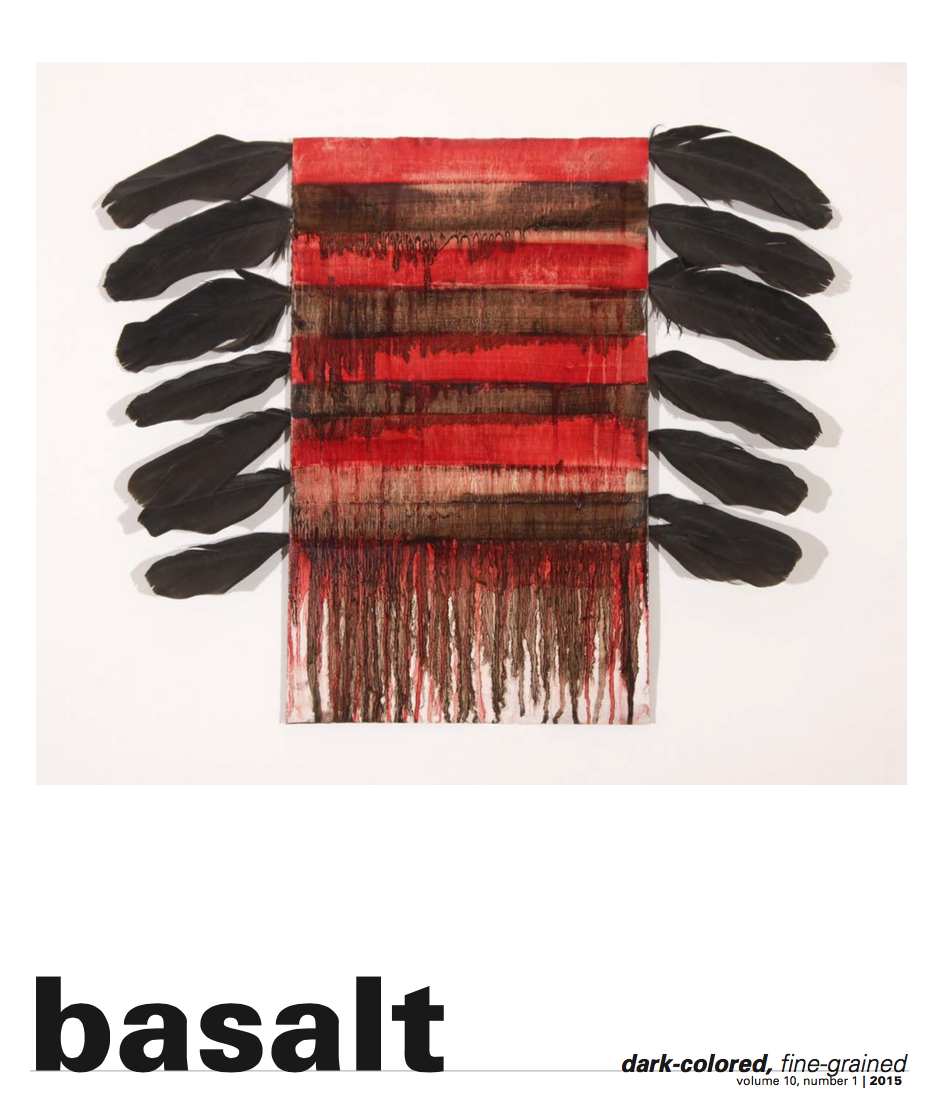Review of The Wheeling Year: A Poet’s Field Book by Ted Kooser
University of Nebraska Press, 2014
by James Crews
一个
Four in the morning, cold and still but for the buzz of my yard light as it talks to the one up the hill at my neighbor’s. Mine says it feels the earth spinning it out to the end of its post, like a drop of light that might at any instant shake off into the stars, but my neighbor’s says that’s nonsense, the typical thing you can expect from a poet’s lamp: Nothing on earth can feel that centrifugal force . . .
These prose pieces (one is tempted to call them “prose poems“) range in tone from the whimsical (“If a flower can pray . . .”) to the profound (“This night is a cold, deep lake . . .”), and any reader looking to see ordinary things with a freshness only careful words like these can bring to light, will appreciate his observations. Though some will note similarities between The Wheeling Year and Kooser’s previous collection of prose, the lyrical memoir, Local Wonders: Seasons in the Bohemian Alps, this book is a decidedly different project, assembling its stories out of short, fleeting glimpses that can nonetheless make us pause and smile with delight:
Our little pond is a mirror with dirty dust-rag swirls of duckweed. Our flag snaps like a whip by the gravel road, where the rose hips redden under the mailbox, and milkweed pods open their praying hands. In the distance, the dotty old grain trucks, dressed in pink and blue, come waddling and whimpering, peeing their pants, from behind barns, for their once-a-year trip to the co-op elevator . . .
一个
Ted Kooser’s writing is such that readers can enjoy the playful, lyrical surface of what he describes, and leave it at that, or they may dig deeper into these pieces and begin to see seventy-five years worth of poetic skill and wisdom at work. In fact, if we look more closely at many of these entries, they begin to sound like wake-up calls directed at those of us who often speed past the present moment, seeking a more attractive future that may or may not exist:
In the baby’s fist is the first thing he owns, a little ball of air, but soon he tires of this and grabs another, then another after that. So early in life we learn about more, and having more. In more, it seems we have eternity, and for years we grasp and grasp, until one day we find that we have less. And then life goes and goes, it floats away, and at the end we find our hand is empty, but for one small ball of air.
I cannot guarantee that The Wheeling Year will change the life of everyone who reads it. I can only attest that Ted Kooser’s sincere, heartfelt and meticulously drawn entries have changed the way I see and interact with my own world. I have begun to notice, for instance, how the bluish glow of the nightlight in my bathroom matches that of lake ice, and how the late evening sun streaming through the bedroom window makes a trapdoor of warm light on the hardwood floor. Even at the big-box electronics store the other night, I watched a salesman, when he thought no one was looking, bopping his head to the beat of some private tune only he could hear. “Each hour’s a gift,” Kooser says, “to those who take it up.”
